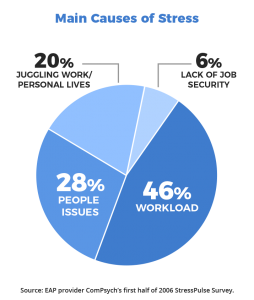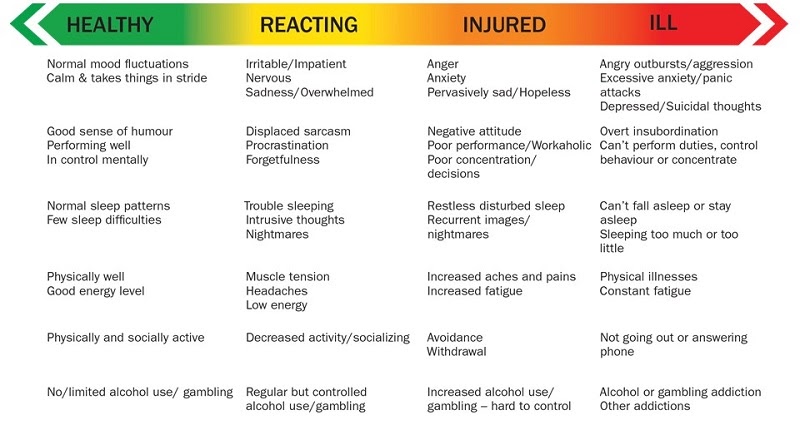mental health hub
Let’s Talk Mental Health!
Does the way you think, feel and/or act ever change dramatically?
Have you been thinking more and sleeping less or thinking less and sleeping more?
Are you worried about finances, career, your family and your own health constantly?
Has Covid caused you extreme stress and concern?
Has covid caused you to feel withdrawn with overwhelming worry or fear?


Over the course of your life, if you experience mental health problems, your thinking, mood, and behavior will be affected.
If you can’t relate to any of the above asks, one day – you will.
As the World Health Organization famously says, “There is no health without mental health.” In the course of a lifetime, not all people will experience a mental illness, but everyone will struggle or have a challenge with their mental well-being” (i.e., their mental health).
Here are some of the Mental Health Warning Signs?
- Long-lasting sadness or irritability.
- Extremely high and low moods.
- Excessive fear, worry, or anxiety.
- Social withdrawal.
- Dramatic changes in eating or sleeping habits.
- Confused thinking.
- Strong feelings of anger.
- Delusions or hallucinations (seeing or hearing things that are not really there).
MENTAL HEALTH SCALE

Mental Health has 3 key components: Emotional, Social and Psychological

Emotional

Social

Psychological
When Mental Health goes untreated, the problem does not go away by itself. In fact, it just gets worse which can impact your physical health too! It affects how we think, feel and act.
Positive mental health ensures you can reach and realize your full potential, cope with the stresses of life, work productively and contribute to society meaningfully.
So how do we stay on top of the things that weaken our mental health?

- Develop Coping Skills
- Stay Positive!
- Get Active (physically and mentally)
- Help out Others
- Get enough Sleep
- Get professional Help
- Connect with Others
The most important thing is back to what we mentioned before – EVERYONE experiences some degree of altered mental health at some stage in their life. Of course, things like disease, injury or hereditary factors can cause more extreme degrees of mental illness, affect your physical health and only get worse when left untreated.
So rather than ignore the elephant in the room – let’s get to know it and learn, understand and treat mental illness.
MENTAL ILLNESS – GET THE FACTS
Credit: Canadian Mental Health Association
Mental illness – when we hear those words, many of us feel a little uncertain or uneasy, because we don’t understand what mental illness is. And perhaps we feel a little scared because of the images of mental illness we see in the media.
What is mental illness?
The brain is the most complex organ in the human body. Mental illness occurs when the brain, just like any other organ such as the heart, or the kidney, is not working the way it should. Mental illness is a collection of disorders such as depression, bipolar disorder, depression, and anxiety. The symptoms can range from loss of motivation and energy, changed sleep patterns, extreme mood swings, disturbances in thought or perception, or overwhelming obsessions or fears. Mental illness interferes with relationships and affects a person’s ability to function on a day-to-day basis, often leading to social isolation.
Who gets mental illness?
Most people believe that mental disorders are rare and “happen to someone else.” In fact, mental illnesses are common and widespread. Statistics show that one in every five Canadians will have a mental health problem at some point in their lives. Mental illness affects males and females, young and old, and is found in every ethno-cultural and socio-economic group.
What causes mental illness?
Most health professionals and researchers believe that mental illness is usually the result of an interaction of physical, environmental, and social factors.
Physical factors can include a person’s individual genetic make-up, which may put them at higher risk for developing a mental illness. Factors can also include physical trauma, such as a brain injury, or the misuse of substances such as street drugs or alcohol.
Environmental factors that can negatively impact a person’s mental health can include severe psychological trauma, such as war, or sexual abuse. Social factors such as where we live, whether we have strong support networks (close family and friends who make us feel safe and who we can rely on), and our work environment impact our mental well-being. The amount of stress people are under, and the duration of that stress can impact one’s mental health, especially in situations where individuals are unable to change their circumstances.
Do people recover from mental illness?
Yes, people can, and do, recover from mental illness. Recovery is a very individual thing, and can be defined as ‘living well in the presence or absence of symptoms’. Hope, healing, a sense of empowerment and social connections are key to an individual’s recovery from mental illness. Recovery focused social and psychiatric services, educational programs, affordable housing and financial assistance are also key to recovery. And the earlier people get help, the better the outcome, so if you or someone you know appears to be developing the symptoms of a mental illness, it is important to seek help as soon as possible.
If you or someone you know needs help, call the National Suicide Prevention Lifeline at 1-800-273-TALK (8255). Trained crisis workers are available to talk 24 hours a day, 7 days a week.
If you think someone is in immediate danger, do not leave him or her alone—stay there and call 911.
Sure, pretty much everyone could benefit from therapy. But not everyone can afford it.
To access a large resource library for information on symptoms, prevention and treatment for mental health problems we recommend visiting https://www.mentalhealth.gov/



